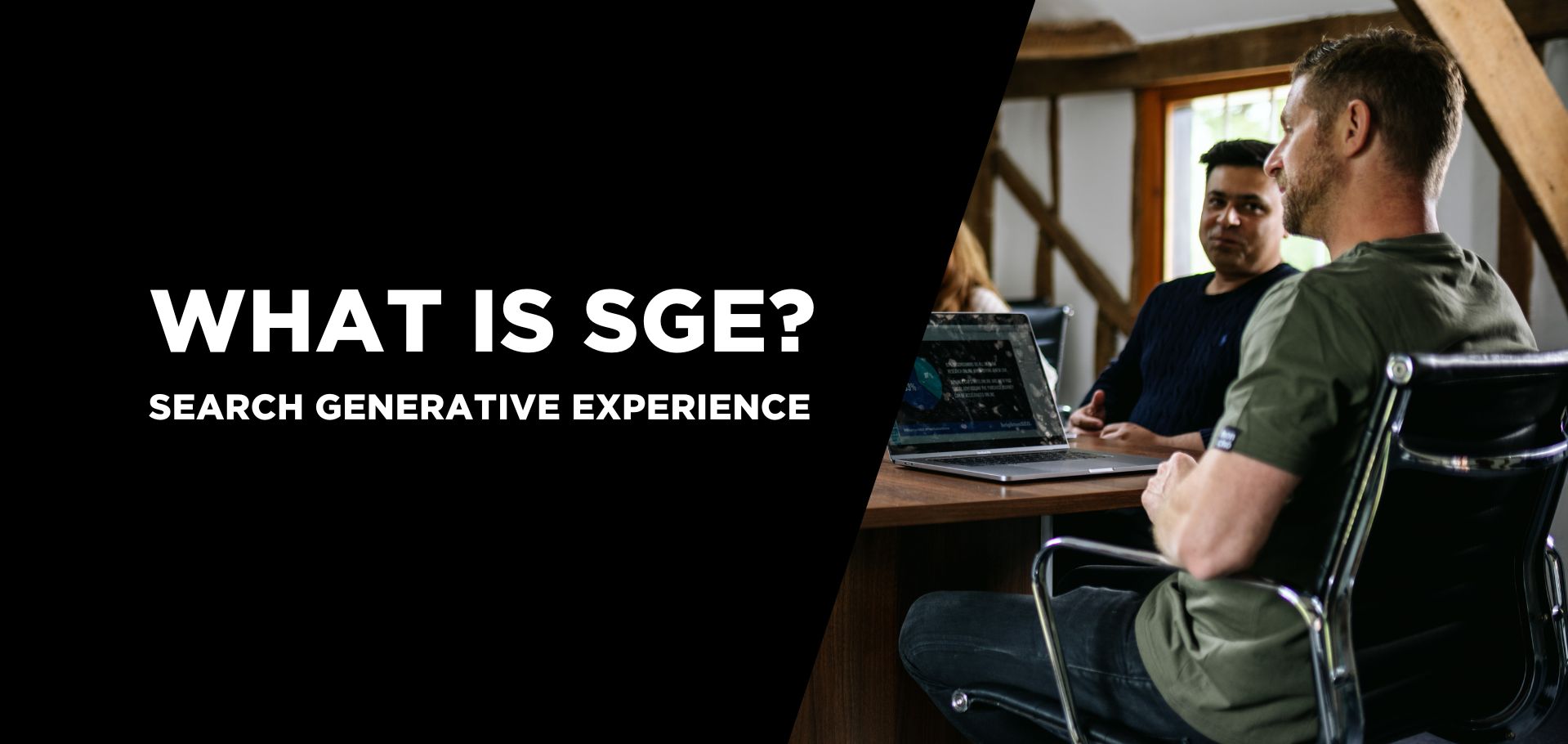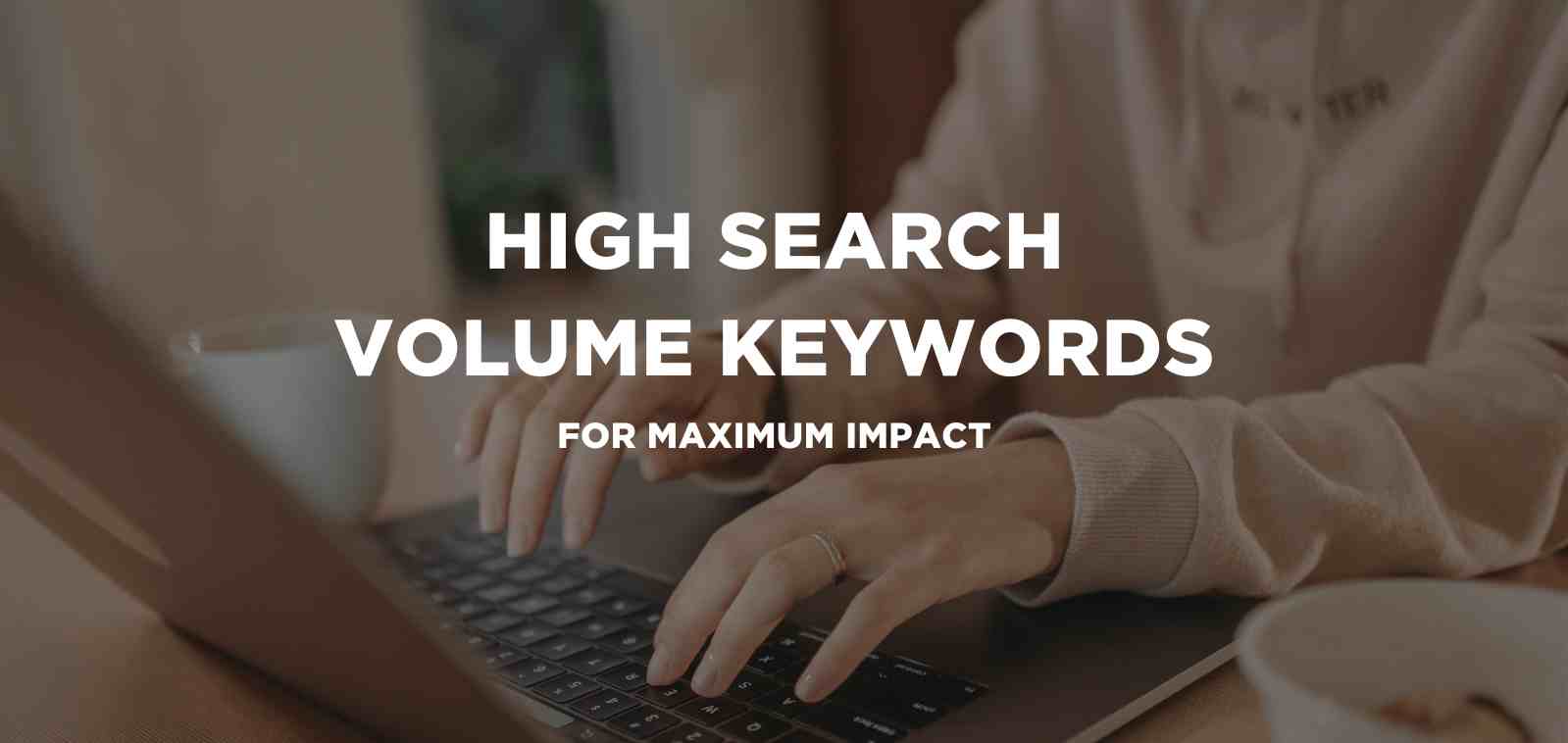2 min read
What is Google Search Generative Experience? (SGE)
What is Google SGE? Think of Google SGE as your helpful buddy on the search results page. Instead of making you click on different websites, it pulls...
The quality of your website’s backlink profile has never been so important.
 But with thousands of links associated with your site, how do you separate the good from the bad? Do you trust expensive third-party services, do you judge purely on first impressions, or do you assess based on advice from an experienced SEO agency (that’s us)? Did you pick the third option? Great. There are two main times at which you’ll need to scrutinise your website’s backlinks:
But with thousands of links associated with your site, how do you separate the good from the bad? Do you trust expensive third-party services, do you judge purely on first impressions, or do you assess based on advice from an experienced SEO agency (that’s us)? Did you pick the third option? Great. There are two main times at which you’ll need to scrutinise your website’s backlinks:

2 min read
What is Google SGE? Think of Google SGE as your helpful buddy on the search results page. Instead of making you click on different websites, it pulls...

5 min read
Discover the power of high search volume keywords and how to effectively use them to boost your online presence and drive maximum impact.

2 min read
We're delighted to officially announce our partnership with Eflorist, one of the world’s leading flower delivery brands with over 54,000 local flower...
In 2022, SEO remains an increasingly important marketing channel that will help your business compete with its main competitors. Increasing your...
How often do you check your backlink profile? Weekly, monthly, yearly?
If you are reading this blog post, you probably have your own website and have decided your site might be in need of some SEO.